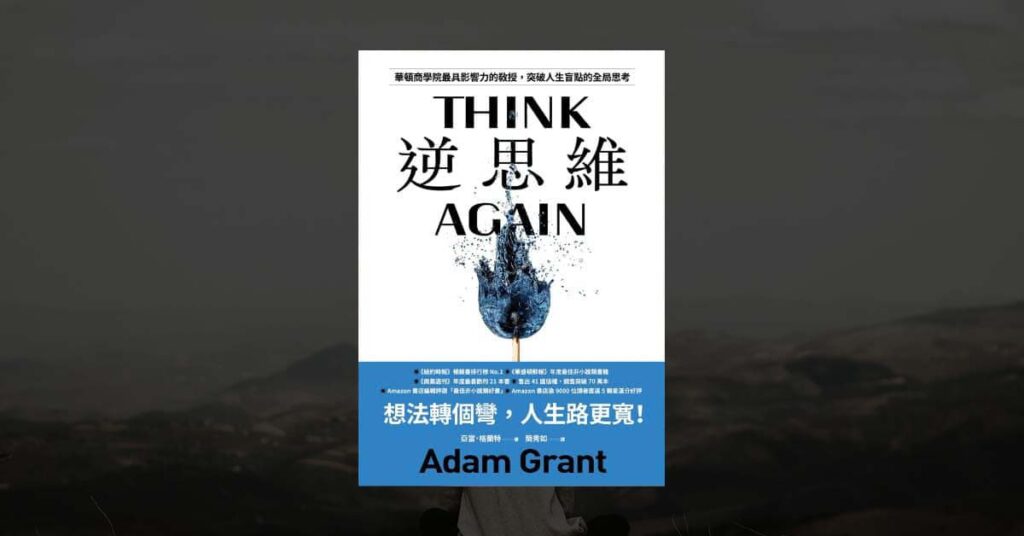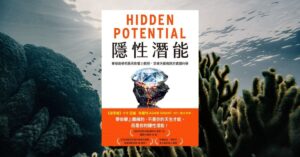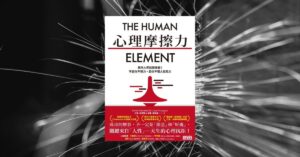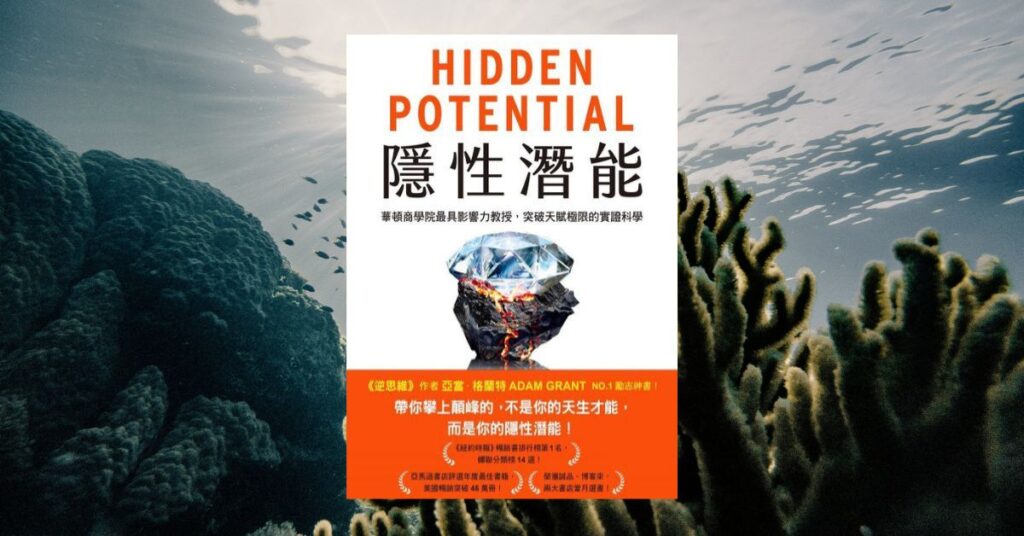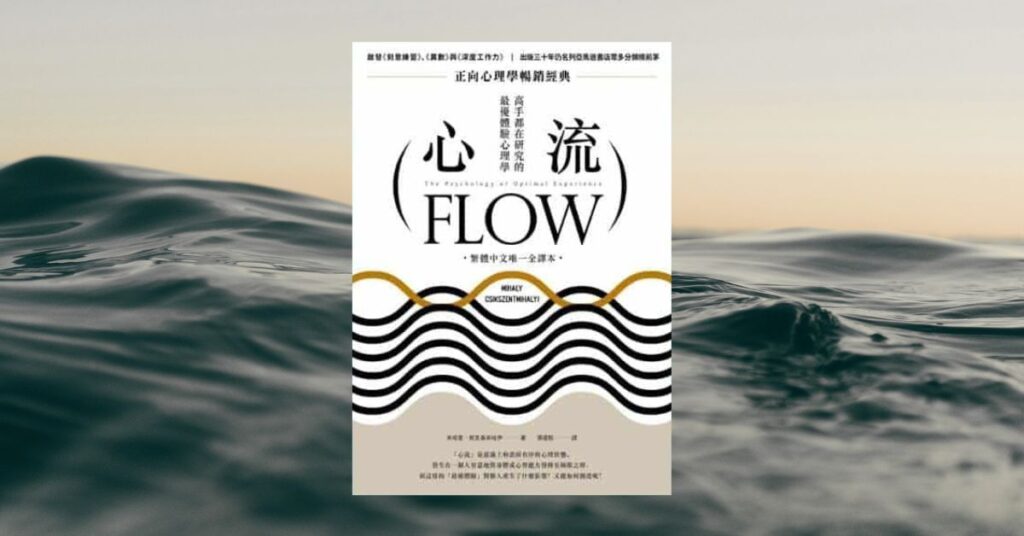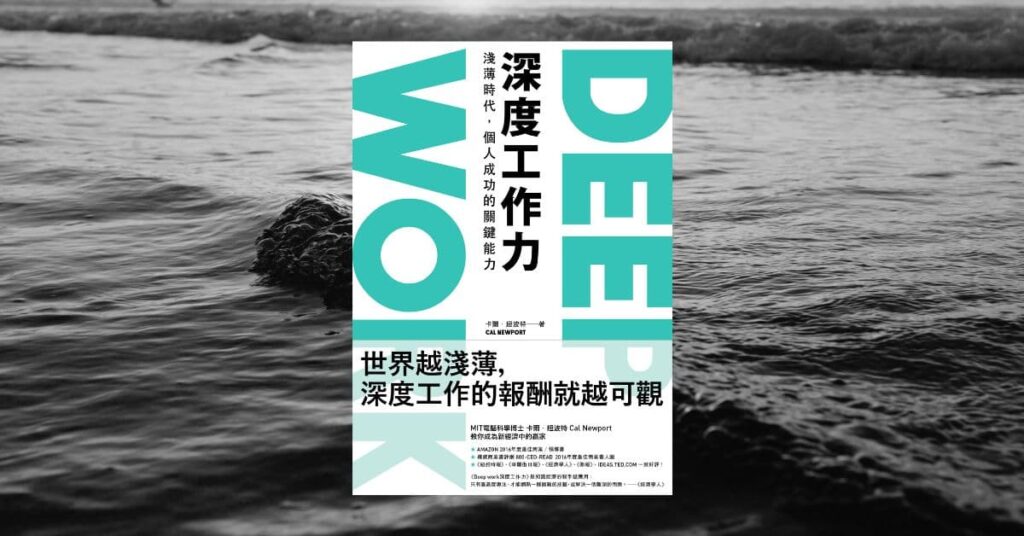Think Again: The Power of Knowing What You Don't Know by Adam Grant is an enlightening work that explores the importance of reexamining and challenging our beliefs. Adam Grant, an organizational psychology professor at the Wharton School of the University of Pennsylvania, is renowned for his accessible research and bestselling books, Give and Take and Originals. Published by Viking in 2021, Think Again uses vivid case studies and deep insights to help readers understand how to enhance themselves through rethinking in a rapidly changing world.
Themes and Overview
Core Theme and Key Ideas: The core theme of Think Again is the questioning and updating of our thinking patterns. Grant introduces four thinking modes: preacher, prosecutor, politician, and scientist. He argues that most people tend to adopt the first three modes in decision-making and interactions with others, focusing too much on defending their own viewpoints while ignoring others' perspectives. He encourages us to take on the role of a scientist, questioning our assumptions, seeking new evidence, and constantly updating our views.
Core Content and Chapter Overview
- Part One: Rethinking on a Personal Level
Grant explores how to rethink on a personal level, including questioning our instincts, avoiding the "intuition trap," and learning from failure. He highlights that while we often rely on intuition to make decisions, our gut feelings are not always accurate, making it essential to learn to question our first reactions. Grant also emphasizes "confident humility," where we maintain confidence in our abilities while being humble enough to admit mistakes and accept new perspectives. - Part Two: Rethinking in Interpersonal Relationships
This section covers how to rethink in interactions with others and engage in effective debates, overcoming biases and stereotypes. Grant points out that we are often quick to see others' mistakes but slow to acknowledge our own, so we need to cultivate internal flexibility—being skeptical of our own views and open to new evidence and ideas. He also introduces the concept of "debating rather than arguing," advocating for seeking common ground in discussions rather than trying to overpower others. - Part Three: Rethinking on a Societal Level
Finally, Grant examines how to drive change on a societal level, including applications in education and work environments. He advocates for proactive learning and building a culture of learning, which can encourage innovation and improvement, making employees more willing to try new approaches and learn from failures. In education, he argues that students should be encouraged to question what they are taught and engage in active learning rather than merely accepting established knowledge.
Strengths and Weaknesses
Strengths
- Engaging and Accessible Writing: Grant excels at translating complex psychological concepts into understandable language. He uses numerous examples and stories throughout the book, making the concepts easier to grasp and apply. His narrative style is both inspiring and approachable, making the reading experience highly enjoyable.
- Novel and Practical Insights: Grant challenges many traditional ideas, emphasizing the importance of "confident humility" and "rethinking." He stresses that we should approach our beliefs like scientists, questioning our assumptions, seeking new evidence, and continually updating our views. These insights have far-reaching implications for both individuals and organizations in modern society.
- Rich Examples and In-depth Research: The book cites extensive research and case studies, covering a wide range of topics from business to education to everyday life. For example, Grant discusses the "first reaction trap," which suggests that our intuition is not always correct, making it crucial to learn to question our gut instincts. These examples and studies not only enhance the book's persuasiveness but also make the content more concrete and applicable.
Weaknesses
- Lack of Depth in Certain Ideas: Some readers may feel that certain concepts in the book are not explored in sufficient depth, particularly when it comes to explaining how to apply these ideas in real-life situations. For example, the book offers fewer specific suggestions on how to implement rethinking in highly specialized professional environments.
- Repetitive Content: Some sections of the book may seem repetitive. Although "confident humility" is applied in various contexts across different chapters, readers might find some of the content somewhat lengthy and redundant.
- Challenges in Practical Application: Some readers may find Grant's suggestions challenging to apply in practice. For instance, those working in highly specialized or traditionally-minded environments may face greater resistance when trying to rethink and question their beliefs.
Personal Reflections and Experiences
As I read Think Again, I deeply realized the importance of rethinking. Many of the cases in the book prompted me to reflect on my ingrained beliefs, especially those I had held unquestioningly. Grant's writing style felt like having a conversation with a wise mentor—both approachable and full of wisdom.
The concept of "confident humility" particularly resonated with me. It made me realize that admitting mistakes is not a sign of weakness but a necessary step toward growth and progress. This mindset has started to positively influence my daily life and work. For example, I now more frequently question my decisions and actively seek feedback from colleagues, leading to more informed choices.
Practical Applications
How the Book's Ideas Can Be Applied in Real Life or Work
In my work, I have started to question my decisions more frequently and actively seek input from colleagues, leading to better choices. In my personal life, I have learned to approach differing viewpoints with an open mind, which has improved my relationships with family and friends.
Value of the Book for Specific Audiences
This book is highly valuable for professionals, students, and anyone looking to enhance their cognitive flexibility. It not only offers practical advice but also motivates readers to continually challenge themselves and strive for greater achievements. Grant's emphasis on rethinking and confident humility is particularly important for those seeking progress in their careers and personal lives.
Conclusion and Recommendation
Think Again is a work filled with wisdom and insight. Through numerous examples and research, Adam Grant demonstrates how rethinking can help us achieve greater success on personal, professional, and societal levels. He challenges our entrenched views of our own beliefs, emphasizing the importance of rethinking and continuous learning.
Grant's engaging and accessible writing style, novel and practical insights, and rich examples and research make the book easy to understand and apply. Although some ideas in the book may lack depth and certain sections may feel repetitive, this does not detract from its value as an inspirational read.
This book is highly valuable for professionals, students, and anyone looking to enhance their cognitive flexibility. It not only offers practical advice but also motivates readers to continually challenge themselves and strive for greater achievements. Grant's emphasis on rethinking and confident humility is particularly important for those seeking progress in their careers and personal lives.
If you wish to improve your cognitive flexibility and find better ways to develop in a rapidly changing world, Think Again is a book not to be missed. It can change your way of thinking and help you achieve greater success in both life and work.

